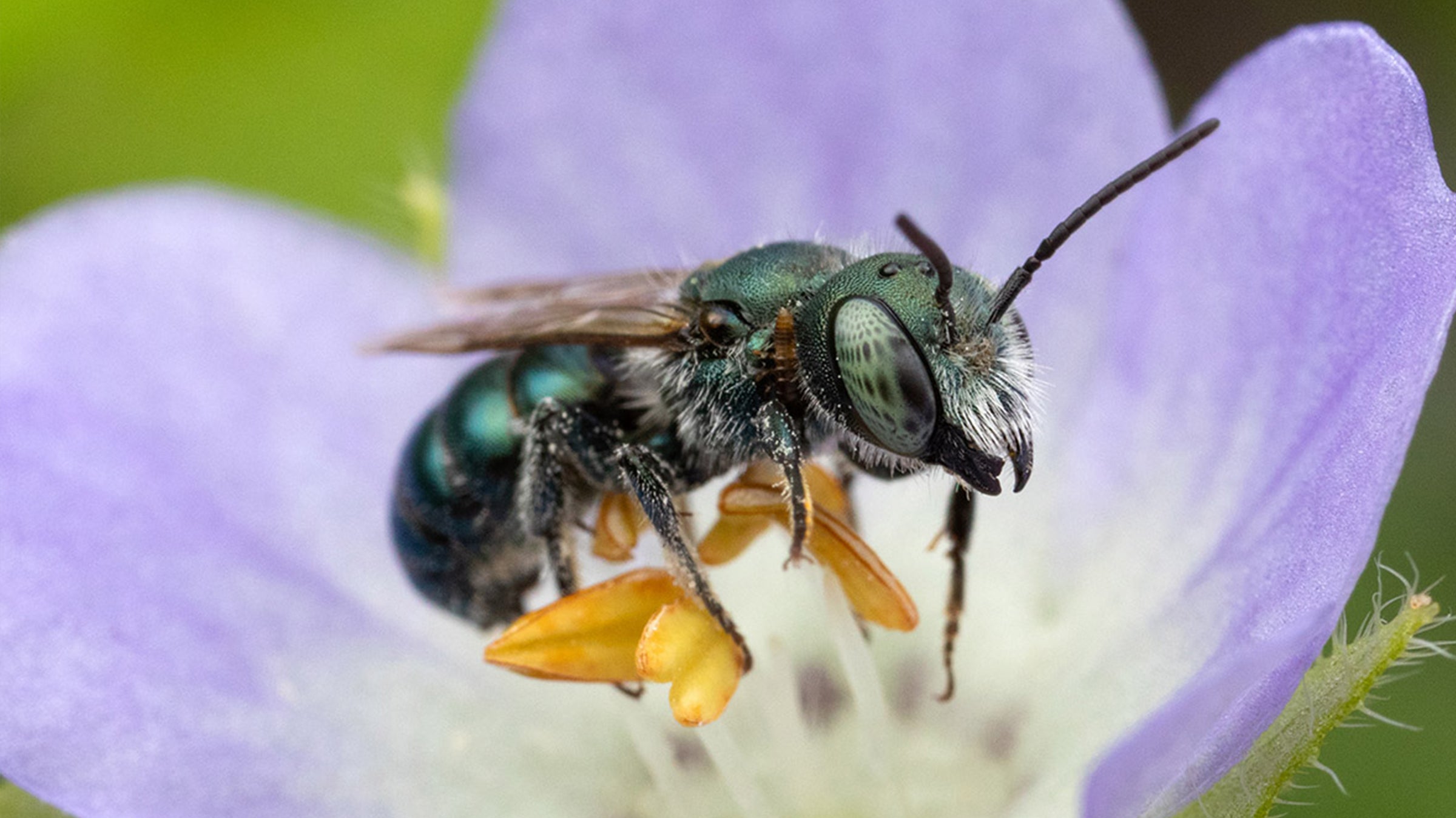
While downing a few cocktails might not be so great for the liver, it can be good for biodiversity. Yes. You read that right. When you enjoy the spirits from these two Texas distillers and this conservation group, you are also supporting biological diversity and nature conservation close to home.
WILDGINS
WildGins is a headquartered in Austin and run by Integrative Biology Professor, Molly Cummings, and her siblings. The idea for the company started from Cummings’ search in West Texas for the little known “Alligator” juniper, also known as the Checkerbark juniper (Juniperus deppeana). Trees of this species are some of the largest growing junipers, with some as tall as 25 meters (82 feet). Cummings found the juniper in the Davis Mountains along with another tree native to Texas, the Red Berry Juniper (Juniperus pinchotii), which is believed to be a stabilized hybrid of alligator juniper and one-seeded juniper (Juniperus monosperma).
Cummings was inspired to try the berries from these Texas natives in distilling gin, rather than the common juniper (Juniperus communis) that is used in just about every other gin in the world. The common juniper is not native to Texas, but a species that grows in Europe and the northeastern US. The results of Cummings’ experiment are two gins using berries that appear in no other gin in the world. Berries from the Alligator juniper go into “WildBark West Texas Dry Gin” and has a bolder flavor. The Red Berry Juniper goes into “WildJune Western Style Gin” which has been described as complex and subtle.

These berries in these gins are not farmed or cultivated. Cummings and her family pick them by hand on different ranches in West Texas. Wild-harvesting like this is a more sustainable process than monocropping, which is the practice of growing a single crop year after year without rotation. Monocropping depletes the quality of the soil and typically requires the use of pesticides and fertilizers. Pesticides cause a lot of ecological harm, one of which includes killing beneficial insects, like bees. Fertilizers end up in water resources, are broken down by microbes in the soil, which release nitrous oxide into the atmosphere.
Mature Red Berry Junipers serve an interesting role not just in gin, but in their role as a “nurse plant.” Nurse plants are adult plants that have a positive effect on other plants of different species growing nearby. Some examples here in Texas are: algerita, littleleaf sumac, lime pricklyash, Mormon tea, pricklypear, and juniper seedlings. All were more abundant beneath mature juniper canopies than in interspaces between junipers in the Edwards Plateau. In the Rolling Plains and High Plains, algerita, littleleaf sumac and catclaw mimosa were more abundant in areas with large Red Berry Junipers than in areas without large junipers
We ran an indepth article on Cummings’ choice of two junipers for her gins, and the other six junipers native to Texas.

DESERT DOOR DISTILLERY
Desert Door Distillery also wild-harvests their botanical source in West Texas. This is the Texas sotol plant (Dasylirion texanum), which creates a drink called “sotol.” The sotol plant is a perennial flowering succulent that thrives in the desert and has been a source material for baskets, ropes, roofing and food for Indigenous people for centuries. They are also a popular plant in xeric landscaping.
The drink is made from the plant’s fermented inner cores. The taste has been described as a little like premium tequila but with a smoother finish. The undertones can also produce flavors such as sage and mint.
Desert Door Distillery does not farm or cultivate the sotol plant. They use only a small number of plants per acre and leave the roots intact which allows the plant to grow again. Additionally, they create a series of sotol that focus on conservation and restoration. The “Conservation Series” according to them “was created to bring attention to individuals and organizations who have made significant contributions in the realm of conservation. Currently, “Conservation Series #3” focuses on bees and a portion of sales helps fund their nonprofit Wild Spirit Wild Places, an organization started in 2021 with the mission to engage communities in conservation efforts to protect Texas wild places.
Their website is visually fascinating and highly interactive, showcasing the unique beauty of West Texas in inventive ways.

TEQUILA INTERCHANGE PROJECT
While not a distiller itself, the nonprofit Tequila Interchange Project has advocated the preservation of traditional and sustainable practices in the tequila and mezcal industry. This is for the families that work in the industry as well as the environment. The project does this via education and outreach to consumers, the food service industry, farmers, producers, and those working in the regulatory councils for mezcal and tequila.
Their focus is primarily on the agave-growing regions of Mexico. But since mismanaged agave harvesting can negatively affect bats, and since bats are an important part of Texas wildlife, (Austin is called Bat City, after all), their Bat Friendly Tequila and Mezcal Project is relevant for biodiversity native to our region.
According to their website, recent agave management practices have reduced dependence on bat pollination. This happens when using clonal shoots to replant fields and harvesting plants before flowering to maximize alcohol yield. This decreases food availability for bats. For agaves, this lowers their genetic diversity through every generation. To offset this, the project encourages the adoption of environmentally-sustainable practices like asking producers to allow 5% of agaves to flower. Tequila and mezcal fields where this happens earn the label “Bat Friendly” which they may use to market their product.
The Tequila Interchange Project started in 2014 when Dr. Rodrigo Medellín, a professor at the Institute of Ecology of the National Autonomous University of Mexico – UNAM, partnered with David Suro, president of the nonprofit Tequila Interchange Project. Since the program launched, approximately 300,000 bottles of “Bat Friendly” tequila have been sold, with increasing interest from countries such as Australia, Mexico, the US, and even places in Europe.
Want to buy and try some Bat Friendly mezcal and tequila? If you’re in Austin, you have the chance to try the mezcal Don Mateo Cupreata and Don Mateo Manso at the locally-owned The Austin Shaker. They have three locations and since stock can rotate, give them a ring to confirm it’s in stock. If you live elsewhere, click here to see a PDF of other US stores that carry it.*
If you are interested in supporting and/or collaborating with the project, there are many ways you can do so by visiting here! You can also contact Zulema Arias, Bat Friendly Tequila and Mezcal Project Coordinator. TIP Executive Director at tequilainterchangeproject[at]gmail.com
Bottoms up to biodiversity!
Thanks to Harry Greene for his suggestion and edits to this piece.
*Since these list details quickly change, we suggest to call the store of interest in case they are out of stock or the store has moved, closed, etc.



